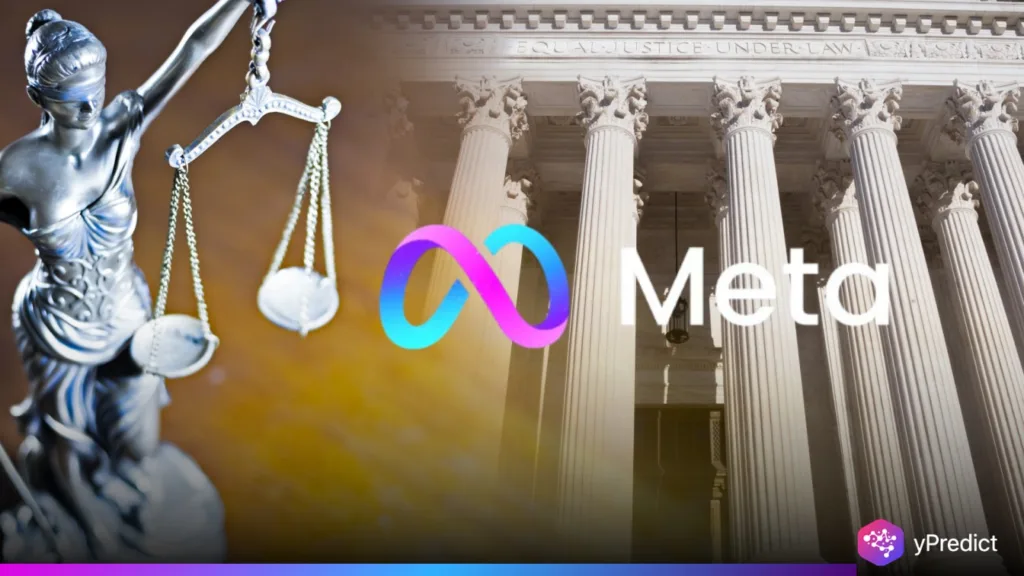
Dutch Court Forces Change at Meta
The Dutch court has issued a ruling requiring Meta to provide its Facebook and Instagram users in the Netherlands with an easier, more transparent choice for how their timelines are curated. Under the decision, Meta must offer a “direct and simple” opt-out from algorithmic, profiling-based timelines.
Meta currently defaults to a recommended or personalized timeline. But the court found this design automatically reverts after users close the app or site. A so-called “dark pattern”. Which violates the EU’s Digital Services Act and infringes on the right to freedom of information.
The court also mandated that once users set a non-profiled timeline, Meta cannot forcefully override it in the future. Meta has been given two weeks to comply with the ruling.
Implications for Meta’s User Engagement & AI-Driven Feeds
This ruling may weaken Meta’s ability to rely on profiling and recommendation systems to drive content engagement. Timeline and feed algorithms are key to how Meta increases time spent on its platforms and surfaces content tailored by AI. Imposing simpler, non-profiling options could reduce the efficacy of those AI driven systems.
With fewer personalized suggestions, users might see more generic content, potentially reducing interaction with posts deemed relevant by AI. Over time, this could translate to lower engagement metrics — a critical lever for Meta’s ad targeting model.
The court’s decision comes at a politically sensitive moment: the Netherlands holds its general election on October 29, and the ruling underscores how control of information flows in social media platforms can impact public discourse.
Legal Precedents & Regulatory Pressures on Meta
The decision builds on mounting regulatory scrutiny across Europe. The court explicitly tied Meta’s design practices to violations of the EU’s Digital Services Act, a relatively new framework intended to protect user rights and impose greater transparency on platform operators.
Digital rights groups such as Bits of Freedom. Which brought the case to argue that large tech firms have wielded excessive power over how users view information. In issuing the ruling, the court affirmed that ordinary citizens must have more control over feed curation.
Although Meta has not yet publicly commented, the company is now legally obligated to adjust significant components of its feed architecture in the Netherlands.
Outlook and What Comes Next
In the short term, Meta may face reduced user engagement in the Netherlands as AI-based recommendation systems are constrained. Advertisers could see lower ad effectiveness if Meta can no longer finely target users via profiling.
Longer term, the ruling sets a potential precedent for other European jurisdictions to demand similar reforms. Meta may need to rethink how deeply it relies on AI profiling for feeds, balancing regulatory compliance with its business model.
While the ruling initially affects only Dutch users, the implications for Meta’s AI systems, feed logic, and user engagement strategies are far broader.






